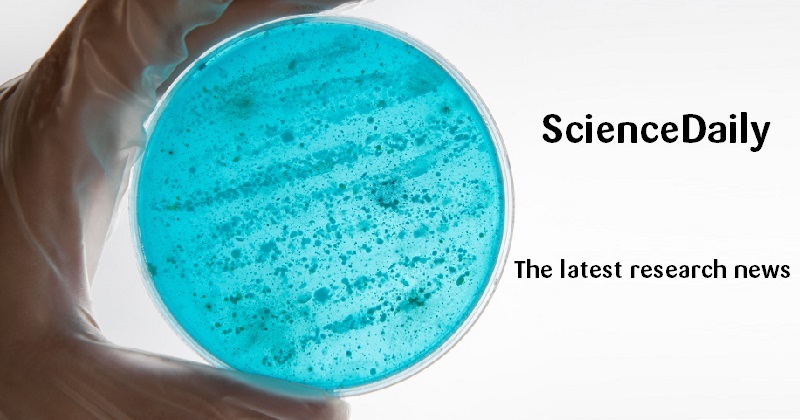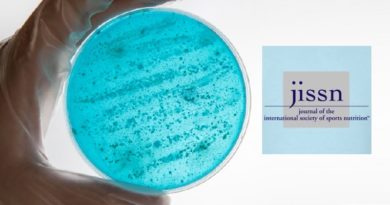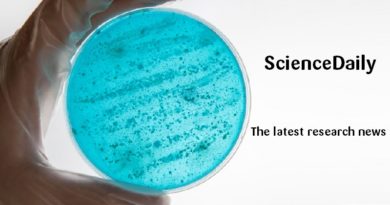Dietary supplements
- Researchers at UC Riverside have uncovered why soybean oil, one of America's most widely consumed ingredients, drives significant weight gain—at least in mice. The findings point not to the oil itself but to the fat-derived molecules it produces inside the body, called oxylipins, which can trigger inflammation, alter liver function, and influence genes tied to […]
- A large-scale Brazilian study found dangerous levels of toxic metals in popular children’s toys, with barium and lead topping the list. Researchers used sophisticated lab methods to identify 21 hazardous elements and test how easily they could be released when toys are mouthed. Even though only small fractions leach out, the total concentrations were so […]
- Data from over 47,000 dogs reveal that CBD is most often used in older pets with chronic health issues. Long-term CBD use was linked to reduced aggression, though other anxious behaviors didn’t improve. The trend was strongest among dogs whose owners lived in cannabis-friendly states.
- Texas A&M researchers found a way to make stem cells produce double the normal number of mitochondria using nanoflower particles. These energized stem cells then transfer their surplus “power packs” to weakened cells, reviving their energy production and resilience. The method bypasses many limitations of current mitochondrial therapies and could offer long-lasting effects. It may […]
- Scientists studying young adults with obesity discovered early indicators of brain stress that resemble patterns seen in cognitive impairment. The group showed higher inflammation, signs of liver strain and elevated neurofilament light chain, a marker of neuron injury. Low choline levels appeared closely tied to these changes. The results hint that early metabolic disruptions may […]
- Scientists have developed a new molecule that breaks down beta-amyloid plaques by binding to excess copper in the brain. The treatment restored memory and reduced inflammation in rats, while also proving non-toxic and able to cross the blood–brain barrier. Because it’s far simpler and potentially cheaper than existing drugs, researchers are now pursuing partnerships to […]
- Scientists discovered that alcohol activates a sugar-producing pathway in the body, creating fructose that may reinforce addictive drinking. The enzyme responsible, KHK, appears to drive both alcohol cravings and liver injury. When this enzyme was blocked in mice, their drinking decreased and their livers showed far less damage.
- Scientists are turning venom, radioisotopes, engineered proteins, and AI into powerful new tools against cancer. From Amazonian scorpions yielding molecules that kill breast cancer cells as effectively as chemotherapy, to improved fibrin sealants and custom-grown bioactive factors, researchers are pushing biotechnology into uncharted territory. Parallel teams are advancing radiotheranostics that diagnose and destroy tumors with […]



